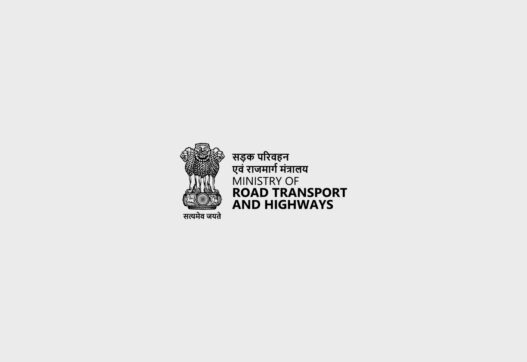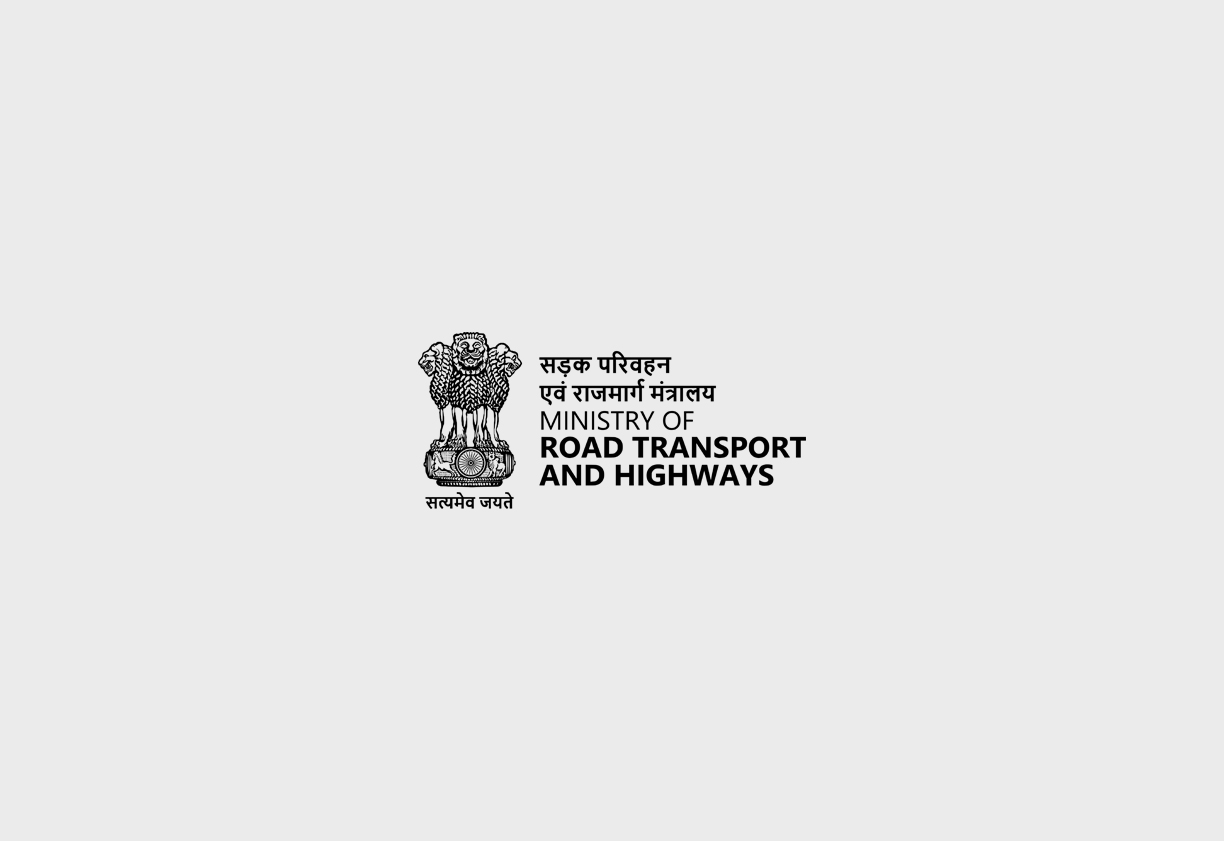Ministry of Road Transport and Highways
The Indian Tolls Act, 1851, was enacted to enable the government to levy tolls on public roads and bridges. This act aims to provide a legal framework for the collection of tolls to fund the construction and maintenance of infrastructure. While the Act does not specify a particular ministry, it falls under the purview of the Ministry of Road Transport and Highways in India, as it deals with matters related to road and bridge infrastructure.
Enactment Date, Number of Chapters, Number of Sections:
The Indian Tolls Act, 1851, was enacted on July 4, 1851. The Act is structured into 8 sections, without specific chapters, along with a repealed schedule. These sections cover various aspects of toll collection, including the power to levy tolls, appointment of collectors, penalties for non-payment, and exemptions.
Act Governed By:
The Act is primarily governed by the provisions outlined within its sections. It empowers the State Government to levy tolls, appoint collectors, and prescribe rates for tolls. The Act also outlines the procedures for the recovery of tolls and the penalties for non-compliance.
On Whom It Is Applicable:
The Indian Tolls Act, 1851, is applicable to all persons using public roads and bridges on which tolls are levied by the State Government. It also applies to toll collectors and other officers involved in the administration of tolls.
Penalties/Punishments:
The Act prescribes penalties for various violations, including:
-
A fine of ten times the amount of the fees payable for the certificate of registry for vessels not properly marked or branded or not furnished with a certificate.
-
A fine of ten rupees for fishing vessels or harbor crafts not properly marked or branded or not furnished with a certificate.
-
Imprisonment for a term not exceeding six calendar months, or to fine not exceeding two hundred rupees for unlawfully demanding or taking a toll.
The Act also allows for the awarding of a portion of the fine to the person aggrieved and for redress by suit in the Civil Court.
Important Pointers:
-
The Act empowers the State Government to levy tolls on public roads and bridges.
-
It allows for the appointment of toll collectors and outlines their responsibilities.
-
The Act specifies the powers of toll collectors to seize property for non-payment of tolls.
-
It provides for exemptions from payment of tolls for police officers on duty and for persons and property in their custody.
-
The Act mandates the exhibition of a table of tolls and a statement of penalties at toll gates or stations.
-
It ensures that the proceeds of tolls are deemed public revenue.
-
The Act has been amended over time to adapt to changing needs and circumstances.
-
The Act ensures that tolls are collected in a fair and transparent manner.
Act Copy:



